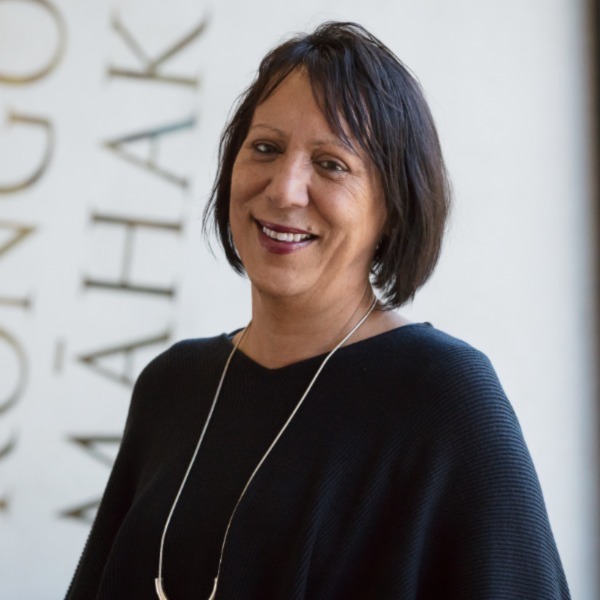Photo credit: Jack Taylor of Global Atlantic Fellows in Phuket, Thailand, July 2022.
Imagine what is possible when you bring incredible people together from across the world – people diverse in every measure - discipline, experience, culture, language, geography, but united in a single goal.
The Atlantic Fellows and Atlantic Institute exist to do that, identifying and bringing together an amazing group of leaders, all dedicated to their pursuit of equity.
These Fellows are working together to address forms of inequity that exist in their communities, creating fairer, more equitable communities, whether racial equity, equity in health, reducing social and economic inequalities in different parts of the world, or opening access to brain health. A more equitable society is one in which we have made progress on diseases like Alzheimer’s, made progress breaking barriers and inequalities between races, where we have reduced health disparities and taken action on the social and economic conditions that divide us.
The Atlantic community is about imagining what is possible when you bring these incredible leaders together to connect deeply, to collaborate and to create new solutions, and in creating new solutions, to make original mistakes.
James Joyce said that in the particular is contained the universal. There are so many leaders in the world who are responding to particular challenges on the ground, but whose solutions have universal applicability.
A community in Africa was characterised by vaccine hesitancy. The local solution was not about the science of the vaccine, but more about the believability, the connection to the community and the language of the people delivering the message. The way people responded was through the establishment of trust. It was universal because there were issues with hesitancy in entire countries. We could get Fellows together to share their local solutions and their mistakes.
And across our community we have Fellows coming together who would never have otherwise met or collaborated. In another case, two Fellows from two programs came together in South America and completely changed how hospital beds were allocated in a suburb of Buenos Aires, saving the lives of people desperately ill with COVID-19.
We talk about (k)new solutions – things known in one community which can contribute to our understanding elsewhere. We are not reinventing the wheel, but do realise that the answers to an issue may be known somewhere else.
So Indigenous peoples across the world, for thousands of years have been sustaining and maintaining complex ecosystems on this planet. In terms of the response to climate change there are some answers contained in that knowledge. The answers are known somewhere.
Our Fellows recently came together in person in Thailand. They have all completed a Fellowship programme that has a specific focus, whether that is brain health – dementia, health equity, racial equity, social and economic equity etc.
The focus of their Fellowship program has been very difficult. What they have in common are leadership attributes: a genuine curiosity to learn from others, the ability to listen and let go of their ego; a kindness and a genuine care for others and, grace. These might sound like soft words but grace is the opposite of judgement.
No matter how diverse the judgement is, no matter how un-like-minded people are, when they share those core values of kindness, curiosity and grace, people are able to connect deeply and be more willing to learn from one another and come up with new solutions.
Although COVID-19 contributed to a return to nationalism, a return to its own back yard, there is an irony there because we have a level of planetary consciousness never known before. We are so aware of the big pressing problems in the world that require a global response.
That awareness gives us an opportunity to create lasting change. The first step is to support leaders on the front lines tackling inequality, and bringing together these amazing people to understand what is known from the histories of our communities and create something new.






.png)

